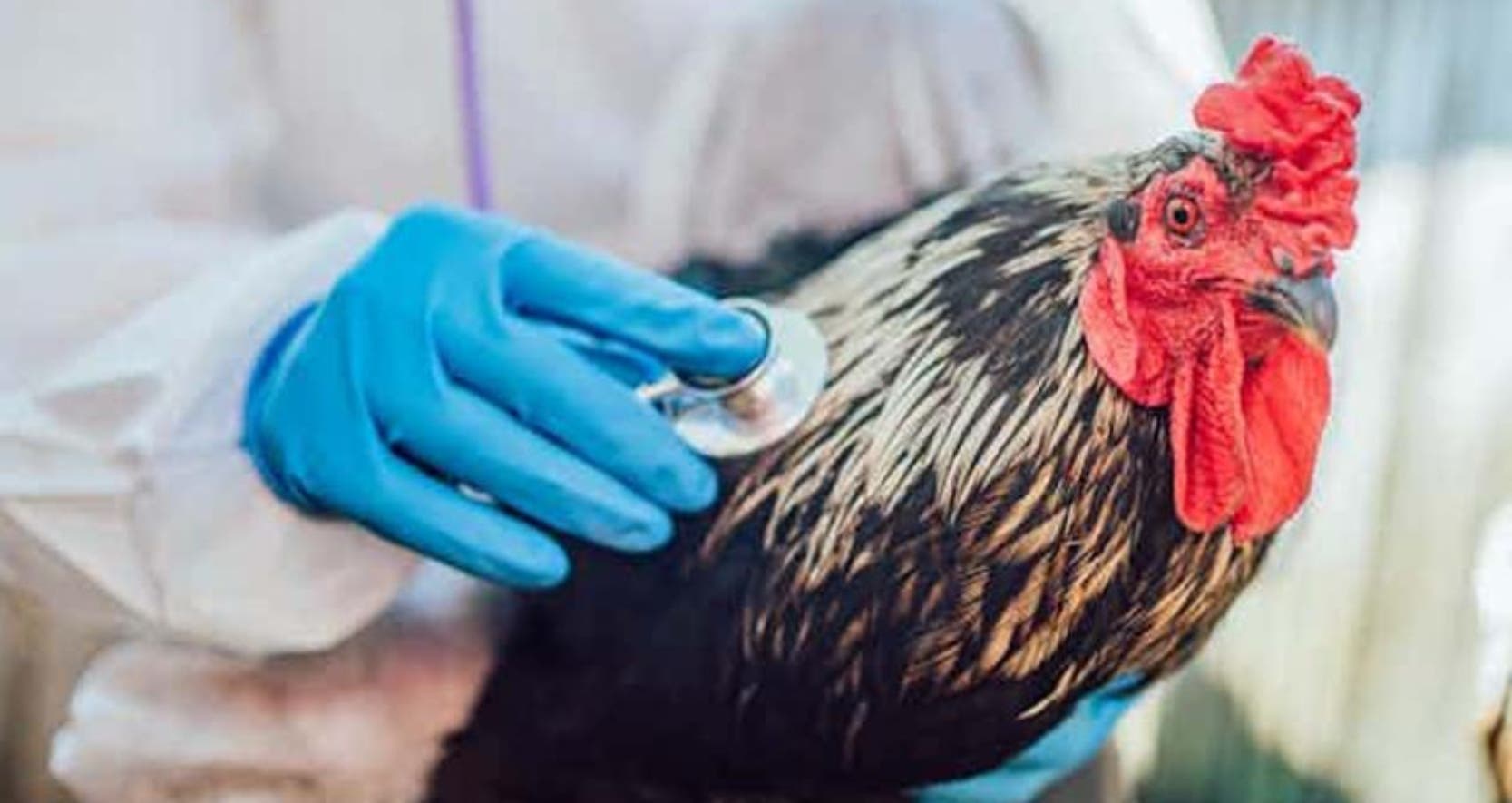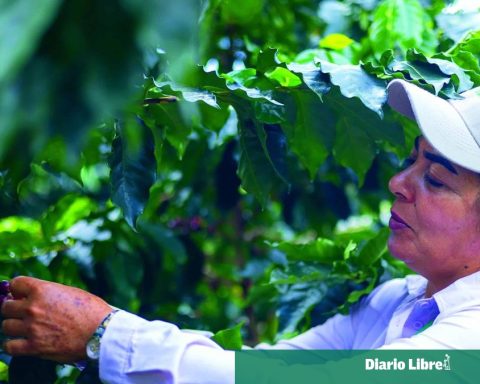Following the declaration of the preventive state of emergency that the governor of California, in the United States, has just made before the spread of H5N1 bird fluthe Dominican Republic, which has a large trade exchange with the world’s main economy, must be increasingly strict in compliance with the protocol it has been implementing to prevent the entry of the virus into the national territory.
The authorities have reported that restrictive measures are being taken at ports and airports to prevent products of animal origin from entering.
You can read: This year, 74 new free zone companies were approved
The problem is not only that avian flu can be transmitted to people and be lethal, although not yet among humans, but that it can also be transmitted to livestock, causing a significant decrease in milk production, which would add to the damage. which would cause the poultry industry, on which it also has a lethal impact.
Not to mention the damage that the eventual penetration of this virus into the country would cause to commercial exchange, derived from the restrictions that our trading partners would impose on exports.
Although it is true that even being diligent in prevention, there is still a level of risk of the virus visiting us through migratory birds, this should not serve as an excuse for us to fall short in prevention, even more so if we take into account the worrying expansion of the virus in the United States and other countries.
According to the Center for United States Disease Control and Prevention (CDC), this year there have been 65 human cases of bird flu in the country. The first serious case in the United States was recently reported in Louisiana, last week, when a patient was hospitalized with the virus.
Meanwhile, cases of bird flu continue to spread among the country’s dairy cattle, with nearly 900 dairy herds affected in 16 US states, prompting California Governor Gavin Newsom to declare a state of emergency this month “to streamline and accelerate the state’s response to the virus.” Information made public shows that there are 675 affected cow herds in California, according to the latest figures from the CDC.
At the beginning of the month, the United States Government ordered the analysis of the country’s milk supply to better monitor the virus. While bird flu, or H5N1, is widespread in birds, it is rare in humans and is usually only transmitted to people who have been in direct contact with an infected animal.
Although we are fortunate that the virus has not yet mutated into a strain that is capable of being transmitted between humans, it is proven that people can become infected through birds and contact with livestock or products derived from them. Given the consequences that the entry of the virus into the country could have on life and the Dominican economy, it is necessary that everything that is done to prevent its presence, we do it well.















